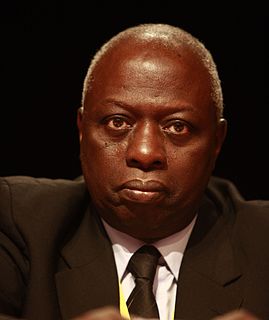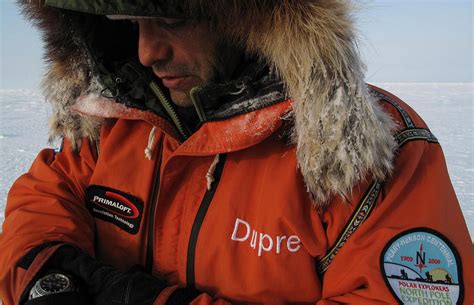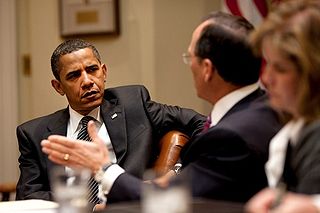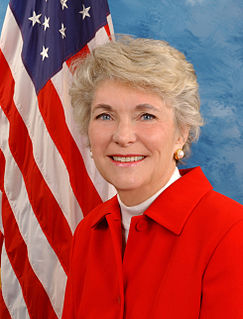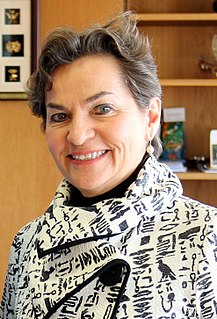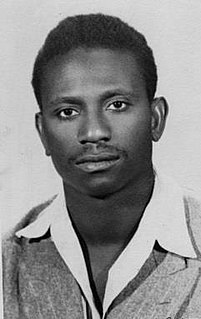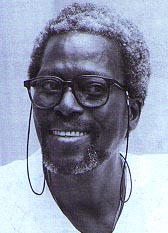A Quote by Jacques Diouf
Low-income people everywhere will be at risk of food insecurity due to loss of assets, absence of alternative livelihood options and lack of adequate insurance coverage from extreme weather events.
Related Quotes
All communities, and low-income communities especially because of food insecurity and lack of access to healthy foods, need more farmers markets, need more community gardens and urban farms. It would be great if people living in communities had the tools and resources to grow food in their own backyard - community-based food systems.
I now say that the world has the technology - either available or well advanced in the research pipeline - to feed on a sustainable basis a population of 10 billion people. The more pertinent question today is whether farmers and ranchers will be permitted to use this new technology? While the affluent nations can certainly afford to adopt ultra low-risk positions, and pay more for food produced by the so-called "organic" methods, the one billion chronically undernourished people of the low income, food-deficit nations cannot.
The record-breaking extreme weather events causing chaos across the globe should be a wake-up call. The transition to a low-carbon economy will be much more painful if we wait until there is a climate crisis before recognising that more than half of the world's fossil fuel reserves will have to remain in the ground.
The best tool today is longevity insurance - they call it income insurance. Most people know the value of life insurance. But what if you live? So instead of trying to guess one or the other, you plan for those 20 years and you get this income insurance. If you live beyond 85, you have money that's guaranteed for as long as you live in the form of an annuity.
With the socialization of the health care system through institutions such as Medicaid and Medicare and the regulation of the insurance industry (by restricting an insurer’s right of refusal: to exclude any individual risk as uninsurable, and discriminate freely, according to actuarial methods, between different group risks) a monstrous machinery of wealth and income redistribution at the expense of responsible individuals and low-risk groups in favor of irresponsible actors and high-risk groups has been put in motion.
